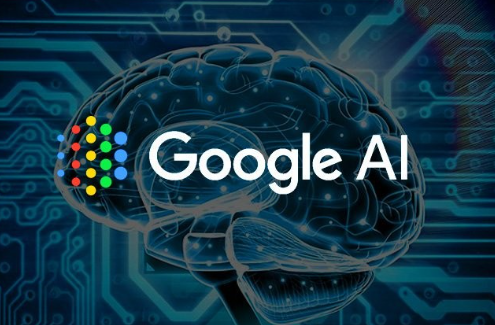AI and Google: Transforming Our Digital Experience
Artificial Intelligence (AI) has become an integral part of our lives, touching everything from how we search for information to how businesses operate. Google, as a leader in technology, is at the forefront of AI development, continually enhancing its products to provide smarter, more efficient tools for users. Understanding how Google’s AI is applied can help you leverage these advancements for personal and professional growth.
The Role of AI in Google Search
One of the most visible applications of AI at Google is its impact on search functionality. Google’s algorithm, powered by machine learning, is designed to provide users with the most relevant results based on various factors, including search history and context. This means that if you search for “best coffee shops,” Google will analyze your location, past preferences, and even trends in your area to deliver tailored results. Additionally, features like voice search and smart replies utilize AI to improve user interaction, making it quicker and easier to find the information you need.
AI Innovations in Google Products
Beyond search, Google has integrated AI into many of its products, enhancing user experience across the board. For instance, Google Photos employs AI to recognize faces, objects, and scenes, allowing users to organize and search their photos effortlessly. Tools like Google Assistant leverage natural language processing to offer help in real-time, whether you’re setting reminders or asking for directions. These innovations not only simplify daily tasks but also transform how we interact with technology, making it more intuitive and accessible.
Ethics and the Future of AI at Google
As Google continues to push the boundaries of AI, ethical considerations are becoming increasingly important. Concerns about data privacy, algorithmic bias, and the implications of AI in decision-making processes are at the forefront of discussions. Google has established principles to guide its AI development, focusing on transparency, fairness, and accountability. Understanding these ethical dimensions can help users make informed choices about how they engage with AI technologies in their everyday lives, ensuring that these tools serve humanity’s best interests.
In conclusion, Google’s advancements in AI are reshaping how we search, communicate, and interact with technology. By familiarizing ourselves with these developments, we can harness the power of AI to enhance our daily lives. For those interested in delving deeper, consider exploring Google’s AI initiatives or participating in community discussions about technology’s impact on society. Embrace the future of AI and stay informed!

